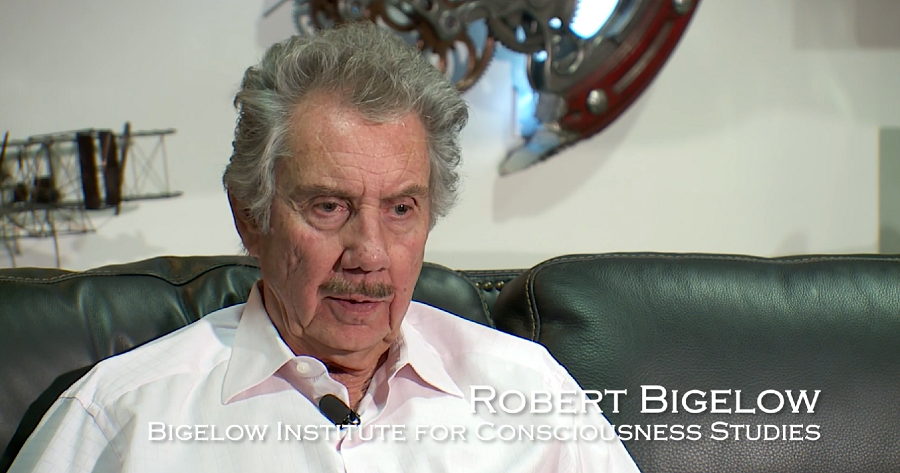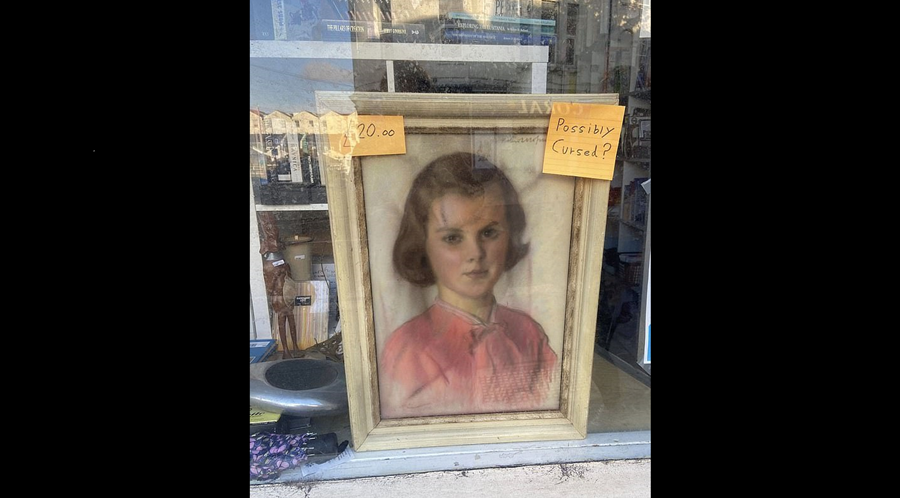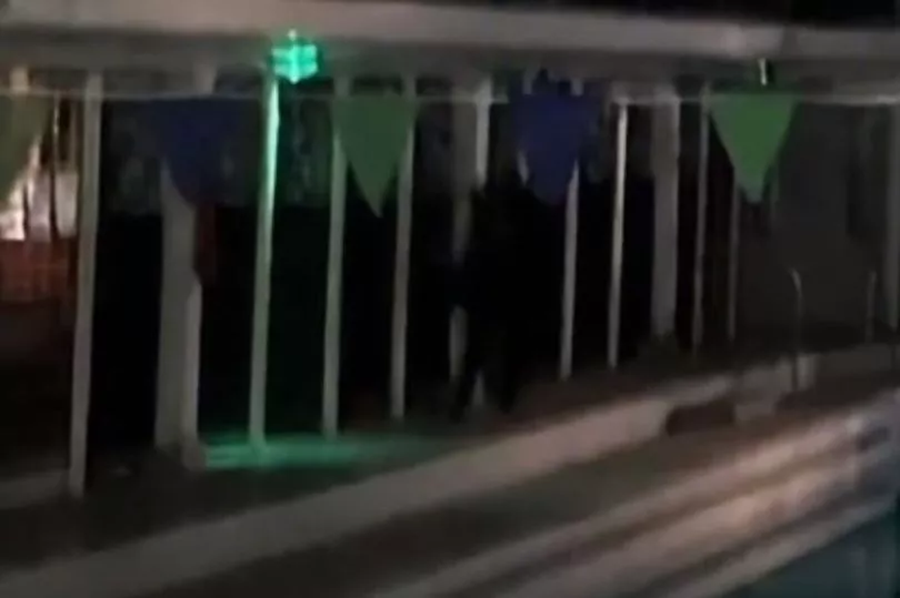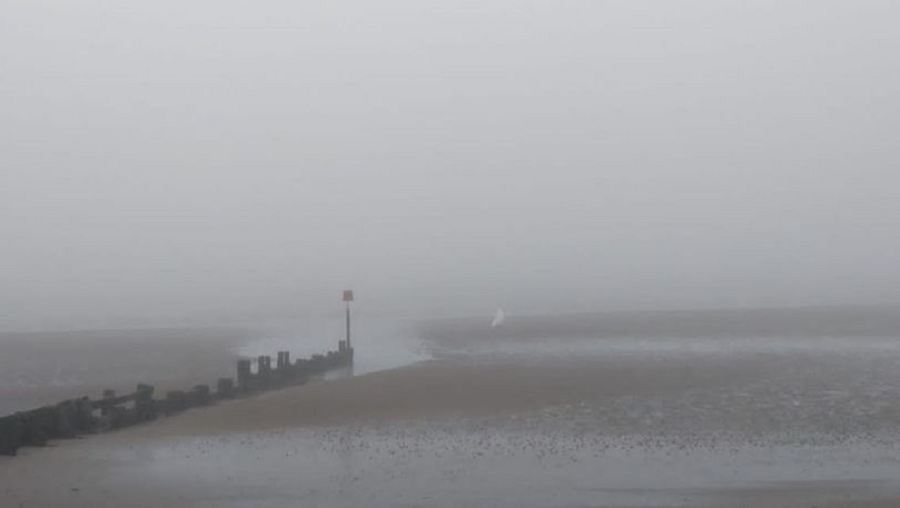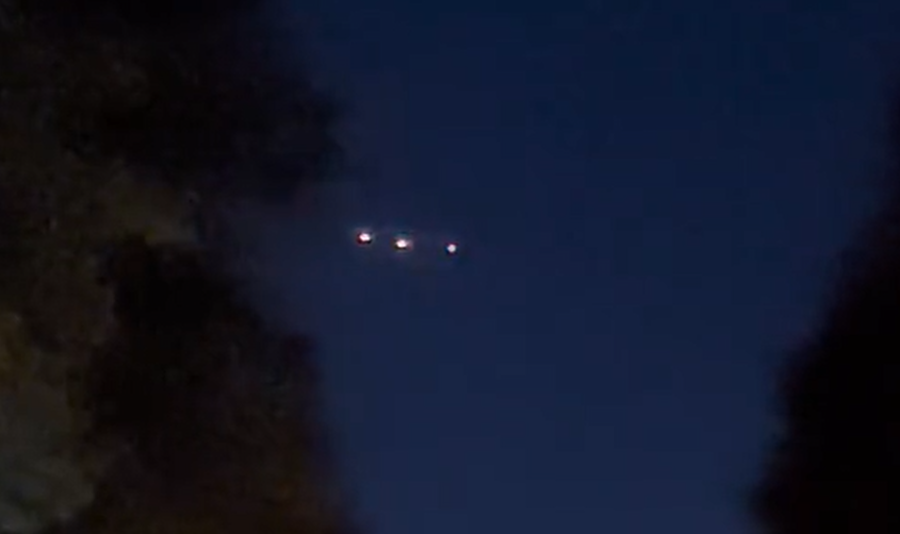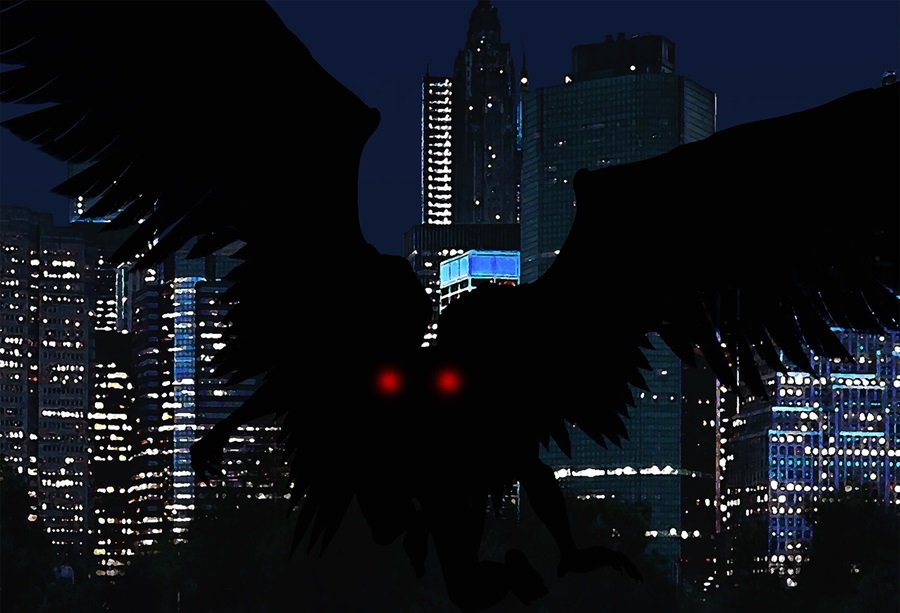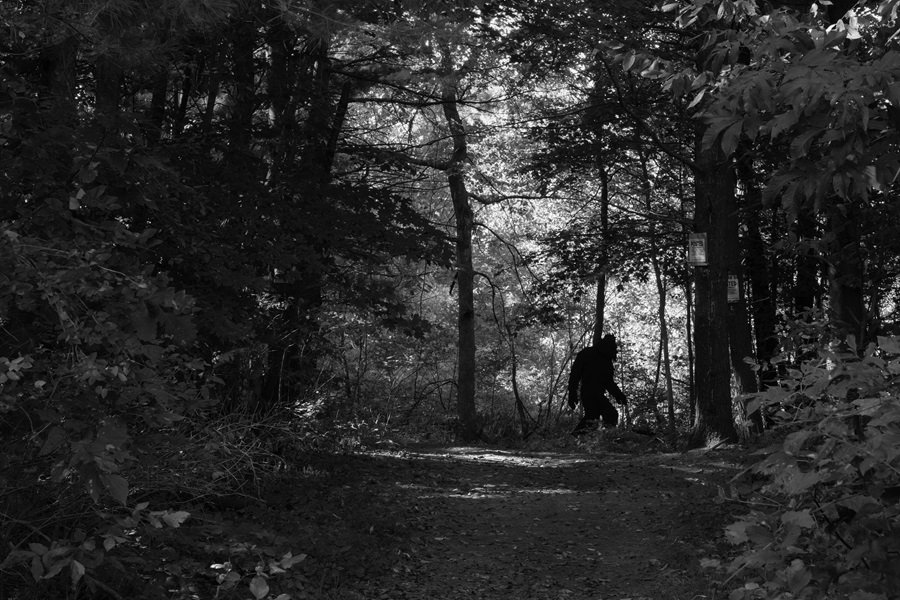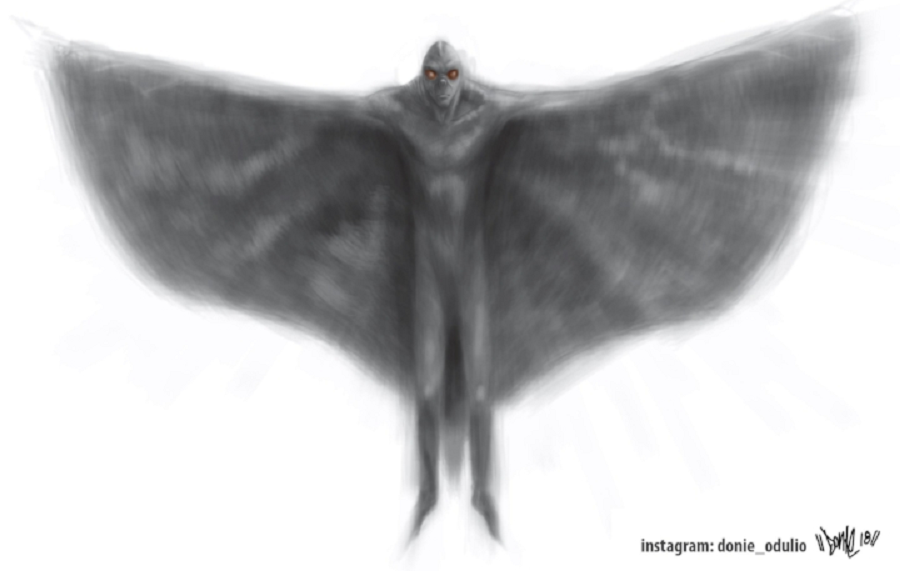Billionaire Robert Bigelow Offers Cash Prize for Essays Providing the Best Evidence of an Afterlife
Robert Bigelow in a recent interview with George Knapp for Mystery Wire. (Mystery Wire)
Billionaire Robert Bigelow, the entrepreneur behind Budget Suites of America and Bigelow Aerospace, is offering a grand prize of $500,000 for the essay capable of providing “in the best way the best evidence for establishing that the other side is real.” The prize is paid through the Bigelow Institute for Consciousness Studies (BICS), founded by Bigelow in June of 2020 to "support research into both the survival of human consciousness after physical death and, based on data from such studies, the nature of the afterlife."
"The Bigelow Institute for Consciousness Studies was formed to try to conduct research and facilitate research into the possibility of the survival of human consciousness beyond bodily death. And also, too, if that is true, then to explore what is the other side all about," Bigelow said in an interview with George Knapp for Mystery Wire. “If it does exist, if it’s real, if it’s true that your consciousness will survive, and is there a connection between what you did here with the opportunity you have to live here, to live in this side, to live in this existence, does it matter what you did relative to the other side? What if it does matter? What if it matters a lot? Wow, then it’s pretty important to know something about the other side.”
According to Bigelow, the impetus behind the contest is to "create some energy" in the paranormal field.
"So many people have spent their lives in this field, but they haven’t received much recognition," he said. "They’ve written books, but it’s not a field that attracts masses of people as researchers. So, we’re trying to stir the pot and create some excitement."
The contest, said Bigelow, is for essays "that express in the best way the best evidence for establishing that the other side is real. It exists. The other side exists. So, based on that, what is your evidence for that?"
Contestants will not be allowed to quote scripture as evidence, he added, because it's not "the appropriate kind of proof we’re looking for, just quoting scripture. We’re looking for something more tangible, more concrete, if you will."
Nor will just anyone be allowed to participate. Contestants will first be required to fill out an application and be accepted into the contest, which includes providing “evidence that they have investigated the topic of survival of human consciousness after death for five years or more."
"We have opened [the contest] up to the research community that spans...it could be journalists that have spent a lot of time and effort in this field and they really understand about it. There are a lot of researchers who really, really spent their lives, their entire lives in this work. But we have criteria that at least says, well, you can’t just transition from no involvement in this topic and decide to enter the contest and waste everybody’s time in trying to go through your essay and your paper [when] you have no foundation for what you’re talking about. You haven’t researched anything and all that. We’re trying to make the papers as high quality as possible," explained Bigelow.
Evidence will be judged based on legal, instead of scientific standards, he said.
"We’re saying in the contest it’s acceptable to use the standard that the American court system, and the court system [that the majority of the] western world, uses: beyond a reasonable doubt," Bigelow said. "Beyond a reasonable doubt doesn’t say you have to be a hundred percent sure that you committed this crime in order to be sentenced, but we have to be beyond a reasonable doubt that you did. Right? And oh by the way, witnesses matter, don’t they? In the legal system, they matter. Who the witnesses are matter, and how many witnesses are there matter. So, we’re saying, okay, that’s part of the criteria here for what you’re going to be trotting out in your 25,000 word or less essay—because that’s the limit, 25,000 or fewer words—to prove your case. What have you done to prove your case, beyond a reasonable doubt, that the other side exists?"
A mixture of scientists and people “involved” in the paranormal will judge the contest, which will reward the top three essays with cash prizes. The first prize essay will earn $500,000, second prize $300,000, and third prize $150,000.
Applications to enter the contest are due by February 28th, with entries due by August 1st. The judges will then have three months to collaboratively decide on the winners.
In addition to the cash prizes, the top three essays, and potentially some of the runners-up, will be featured on the BICS website and a variety of paranormal programs.
"We ask permission from people who apply to put them on our website, and we also hope that the winners are going to be willing to go on programs, [such as] Coast-to-Coast, and be interviewed and talk about their paper and why their paper is worthy of winning, and maybe even of being a runner-up," Bigelow said. "There's no monetary rewards for being runner-up, but we’d like to give honorable mention to papers that the judges decided weren’t the three winners, but they might have said, ‘Gee, we wish we had ten categories, because we have these other seven papers that are so damn good, but we were limited to three winners and we had a hard time trying to choose.'"
To report your own encounter with the impossible, reach out to us directly at the Singular Fortean Society through our contact page.
If you enjoyed this article and would like to support the Singular Fortean Society, please consider becoming an official member by signing up through our Patreon page—membership includes a ton of extra content and behind-the-scenes access to the Society’s inner workings.

